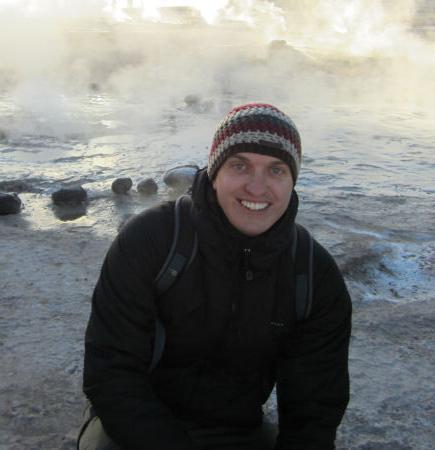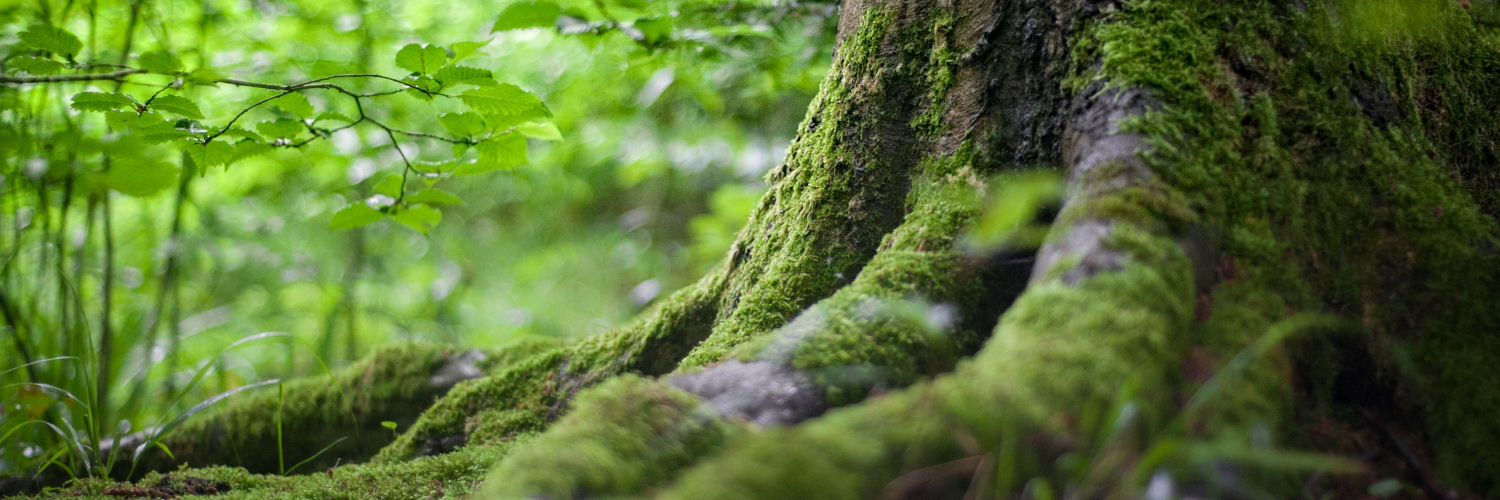
Simon Ward, Head of FSC East Region & Education Lead
At the Field Studies Council we are really excited to see the evolution of a Natural History GCSE. As an educational charity, FSC has observed, with growing concern, the steady decline of opportunities for learners to study nature first hand. It is imperative that learners develop their natural history and ecological skills, both outdoors and in a real world context.
Over the years, residential fieldtrips for young people have become shorter and now tend to take place at locations nearer to school. Consequently, opportunities to study landscapes and habitats that really contrast with the familiar are being lost, as is the time available to develop the skills and knowledge necessary to become a good field scientist. Even local field studies can be minimal, with natural history observation often missed or misinterpreted due to a lack of knowledge and understanding.

This quiet, steady decline risked going un-noticed in the wider world. Breaking media stories about how little children knew about nature were soon forgotten, despite growing concern from experienced teachers and university lecturers who found that cohorts of leaners lacked the knowledge and skills that were once common. The presumption that Natural History would be covered extensively in either Biology or Geography lessons is perhaps based on the many fieldwork trips that established professionals experienced in their own education. In reality, for some learners today, an A level Biology field course may be the only opportunity to experience ecological fieldwork in their whole school career.
In our students’ eyes, the natural world had become so polarised and detached from scientific study that it was not unusual to hear an A level Biology student complain that “I don’t need to know this because I’m going to study medicine”. And yet, recent events have demanded an increased interest in Natural History, and even more critically, a realisation that the skills and knowledge developed will be crucial in dealing with the global challenges we face: pandemics, climate change and biodiversity loss.
The lack of STEM skills in the UK has concerned the Government for some time. Its recent focus on developing green skills and conservation projects and its shift towards more nature-friendly agriculture underlines the Government’s recognition of the need for a deeper understanding of the natural world. The £40million Green Recovery Challenge Fund, created to kick-start the nation’s green recovery from the coronavirus pandemic, is the latest example of the Government’s commitment to the environment. The pandemic has reminded us of the fragility of our world and its people, and the challenges of climate change, invasive species and biodiversity loss remain omnipresent. Society will need people with the skills and knowledge to tackle such issues.
There is no substitute for practical, hands-on experience in the real world. Live observation and field studies add layers of complexity and can introduce a number of variables simply not present through computer modelling or laboratory work. Studying natural history in the field provides an uncontrolled environment which can be both challenging and intriguing. Developing Natural History fieldwork skills can take time, but outdoor learning provides the ideal context to think and rethink, to engage and interact and ultimately to help us determine how we best protect and conserve the natural environment around us.
The demand for education and knowledge in the natural world is being driven by young people themselves. FSC is a partner in numerous youth-focused projects where young people are campaigning for more outdoor learning and increased opportunities to work in nature, wildlife and conservation. Our youth are prepared to vote with their feet: climate change protests and concerns over ocean plastics have shown a willingness to campaign, and to act. With upcoming generations hungry for the skills and knowledge to make environmental change happen, there has never been a better time, or a greater need, for a Natural History GCSE.
Keep up to date with our proposed GCSE in Natural History and other Cambridge OCR Natural History news by signing up our email newsletter and updates. You can read back issues of our Natural History newsletter here.

